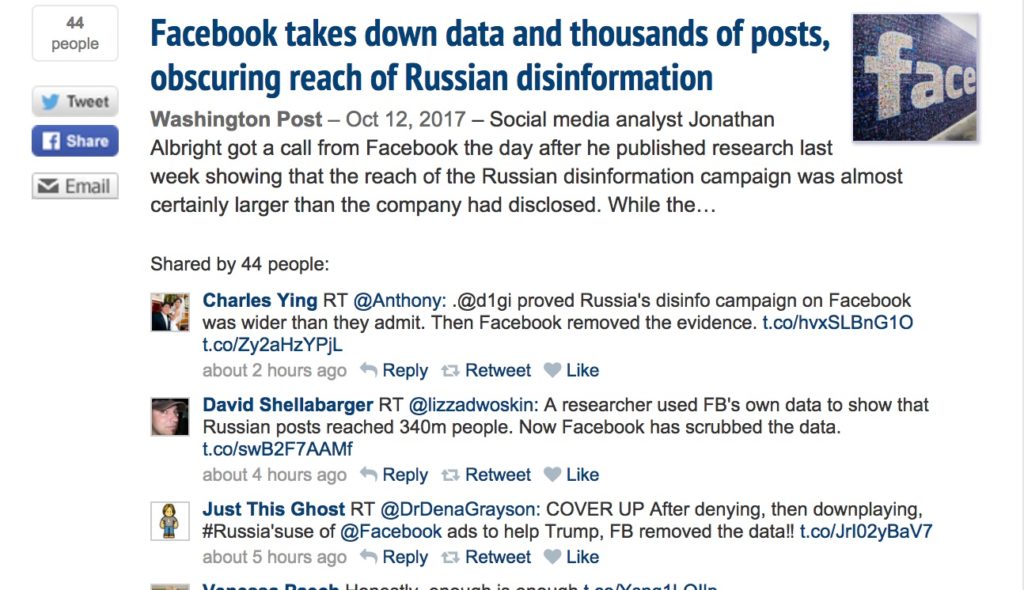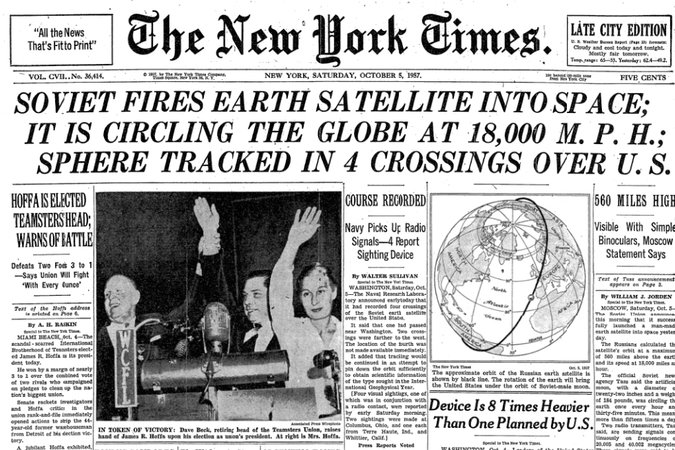From this morning’s Observer: the Introduction to my 95 Theses project.
A new power is loose in the world. It is nowhere and yet it’s everywhere. It knows everything about us – our movements, our thoughts, our desires, our fears, our secrets, who our friends are, our financial status, even how well we sleep at night. We tell it things that we would not whisper to another human being. It shapes our politics, stokes our appetites, loosens our tongues, heightens our moral panics, keeps us entertained (and therefore passive). We engage with it 150 times or more every day, and with every moment of contact we add to the unfathomable wealth of its priesthood. And we worship it because we are, somehow, mesmerised by it.
In other words, we are all members of the Church of Technopoly, and what we worship is digital technology. Most of us are so happy in our obeisance to this new power that we spend an average of 50 minutes on our daily devotion to Facebook alone without a flicker of concern. It makes us feel modern, connected, empowered, sophisticated and informed.
Suppose, though, you were one of a minority who was becoming assailed by doubt – stumbling towards the conclusion that what you once thought of as liberating might actually be malign and dangerous. But yet everywhere you look you see only happy-clappy believers. How would you go about convincing the world that it was in the grip of a power that was deeply hypocritical and corrupt? Especially when that power apparently offers salvation and self-realisation for those who worship at its sites?


